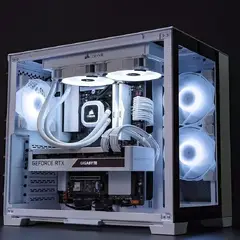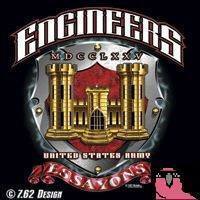Game Load Times, SSDs & Raid 0
-
Featured Topics
-
Topics
-
16
-
4
-
SansVarnic ·
Posted in Phones and Tablets0 -
2
-
2
-
Davidhelp ·
Posted in New Builds and Planning2 -
Gessler555 ·
Posted in Programs, Apps and Websites0 -
0
-
2
-
Justbon321 ·
Posted in Peripherals13
-
-
play_circle_filled

Latest From Tech Quickie:
Ethernet Is Named After Something Really Dumb (and other tech stories)

















Create an account or sign in to comment
You need to be a member in order to leave a comment
Create an account
Sign up for a new account in our community. It's easy!
Register a new accountSign in
Already have an account? Sign in here.
Sign In Now